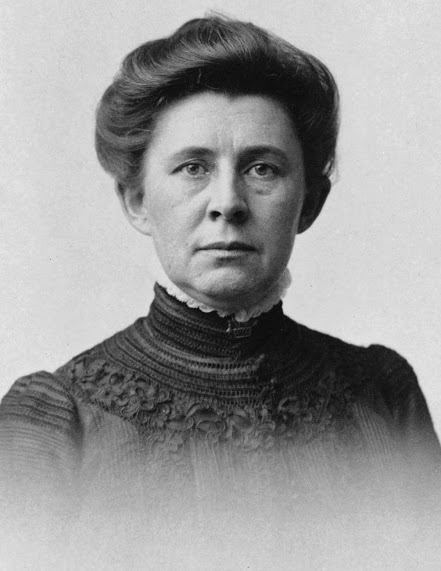Doris Kearns Goodwin has produced an excellent history in The Bully Pulpit: Theodore Roosevelt and the Golden Age of Journalism. Does the following sound familiar? Corporations are in complete control over our politicians and the political system. These forces control politics at every level. They determine who is elected to office, what bills they will support, even how judges rule in court. Rarely will a person serve in office who doesn’t tow the line for the bosses. But there is a negative side effect to all of this: the rich get richer and the middle class becomes poorer, and it’s harder for average people to make a living.
This accurately describes the conditions at the turn of the 20th century. In the post-Civil War era, the United States economy boomed due to free markets and free trade. Railroad and steel titans emerged, but the power base was centralizing as many of these new rich learned that the best way to maintain and grow their empires was to make their elected leaders subservient. But eventually, thanks to a free press, their corruption would be revealed. The Progressive Era had begun.

Bosses whose names were familiar to all Americans would be exposed by a group of independent investigative journalists working with a few uncorrupted politicians. McClure’s Magazine was at the center of the new national awareness and public discourse. Its journalists were nicknamed “muckrakers” and they proudly accepted the title of cleaning out the growing dirty mess politics had become.
Thanks to their diligent work, along with political insiders who would inform them of the truth, they ushered in a new era in government and society that would redefine the relationship between capital and labor. Workers’ rights emerged, the power of allowing employees to organize into unions became recognized and accepted by the courts, workday standards were mandated, and safe working conditions became recognized as something workers couldn’t sign out of by coercive contracts.
But most importantly, the collusion between government and corporations was exposed and broken. The encouraging part of the story from Goodwin’s book is that just a few good men and women man can make a huge difference when they work together with a common objective. When journalism is done right, it can do great things.
It’s easy to lose faith in capitalism when the very ugly side effects grow more visible. Most of this ugliness is a result of elected leaders failing to work in the public’s best interests and instead work for the corporate funders who got them elected. When just a few actually do work for the people, the impact can be incredible: people become less apathetic and more involved, people’s eyes are opened, and honest leaders are elected.
The success of the muckrakers was in large part due to Theodore Roosevelt’s championing of their work. Several members of the press became close advisors. He accepted their criticism and he appreciated their opinions. Several writers for McClure’s came to be close friend, especially William Allen White. White protected Roosevelt from what could have been severe backlash after he revealed to him how Boss Thomas Platt’s corruption network operated. Platt had been the boss largely responsible for shifting Roosevelt from New York’s governor to becoming vice president under McKinley where his powers would be nullified. What they didn’t expect was the assassination of McKinley, which would make Roosevelt, at age 42, our youngest president.
Anyone interested in Roosevelt or journalism at its best can purchase it through Sam Weller’s Books, or Ken Sanders Rare Books.






